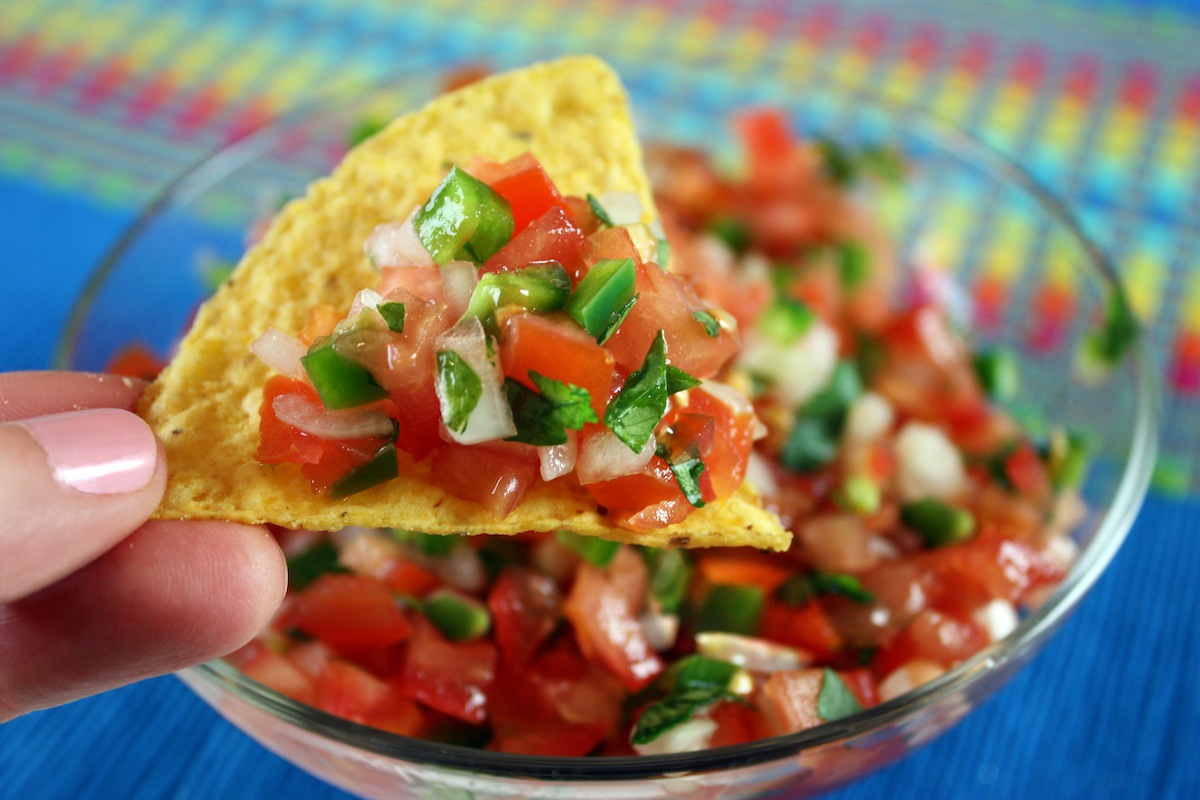Jared Traveler
2nd Black Belt
Any thoughts on what differences might exist between "Traditional Martial Arts" vs "Historical Martial Arts?"
I'm aware of the standard definitions, but I'm suggesting we reexamine the terms "Traditional" vs "Historical."
In other words, history may show something was done a certain way. But practicing martial arts for the sake of doing it historically correct, to preserve something outdated, was traditionally not how or why it was done.
So while you might be reenacting certain aspects or techniques of an art and practicing an "historical" imagine of the art, you have to understand that doing that was not "traditionally" why the art was being practiced, or their motivation for practicing. So in my view practicing an "historical" system is great, but there is nothing "traditional" about it.
Traditionally most of these systems were developed by innovative people, for serious use in modern combat or self-defense. To a person, they intentionally deviated from the existing system, to make improvements. To understand the motivations, mindset, and culture of a historical art, the most traditional thing we can do is become dedicated to improving, modernizing, and developing a system that works right now, preparing for real world threats. Traditionally that was the focus and culture.
To be clear I'm not hating on "historical" training, I just think it's lacking a real perspective regarding the true culture these arts originally had. Making the whole activity not so historically accurate as one might first imagine.
I'm aware of the standard definitions, but I'm suggesting we reexamine the terms "Traditional" vs "Historical."
In other words, history may show something was done a certain way. But practicing martial arts for the sake of doing it historically correct, to preserve something outdated, was traditionally not how or why it was done.
So while you might be reenacting certain aspects or techniques of an art and practicing an "historical" imagine of the art, you have to understand that doing that was not "traditionally" why the art was being practiced, or their motivation for practicing. So in my view practicing an "historical" system is great, but there is nothing "traditional" about it.
Traditionally most of these systems were developed by innovative people, for serious use in modern combat or self-defense. To a person, they intentionally deviated from the existing system, to make improvements. To understand the motivations, mindset, and culture of a historical art, the most traditional thing we can do is become dedicated to improving, modernizing, and developing a system that works right now, preparing for real world threats. Traditionally that was the focus and culture.
To be clear I'm not hating on "historical" training, I just think it's lacking a real perspective regarding the true culture these arts originally had. Making the whole activity not so historically accurate as one might first imagine.
Last edited:

